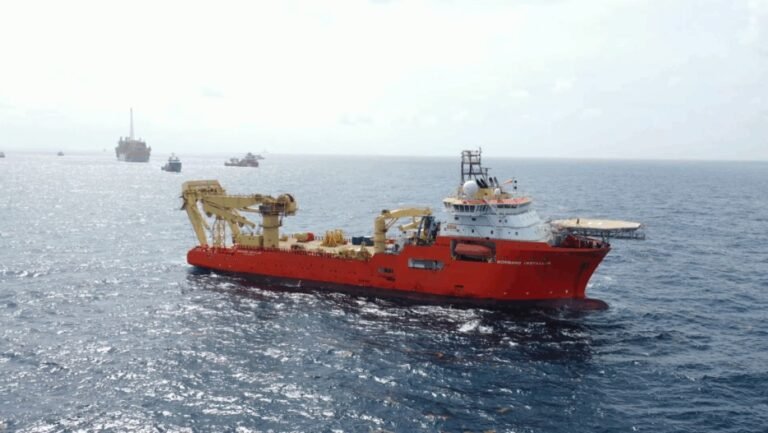BP Exploration & Production Signs Contract with SBM Offshore for Deepwater Project
BP Exploration & Production, a subsidiary of the UK-based energy heavyweight BP, has recently inked a deal with the Netherlands-based SBM Offshore for the construction of a semi-submersible floating production unit (FPU) for its deepwater project in the Gulf of America.
The agreement allows SBM Offshore to handle the wet tow and installation of the FPU destined for the Kaskida field. Situated around 250 miles southwest of New Orleans, the 100% BP-owned greenfield Paleogene development in the deepwater US Gulf is set to benefit from this collaboration.
Olivier Icyk, Chief Business Officer at SBM Offshore, expressed his enthusiasm about the project, stating, “SBM Offshore’s commitment to excellence and innovation in the offshore industry is highlighted by this project, paving the way for future growth for our installation activities.”
With a track record spanning over five decades in offshore installation activities, SBM Offshore boasts expertise in deepwater moorings and installations. The company has successfully deployed over 150 floating systems globally, including 45 FPSOs in deep waters.
Earlier in the year, TechnipFMC and Seatrium were awarded contracts for the integrated engineering, procurement, construction, and installation (iEPCI) and FPU construction, respectively, at the Kaskida field.
BP’s sixth hub in the Gulf of America, the Kaskida project in the Keathley Canyon area is expected to tap into 10 billion barrels of discovered resources in place across the Kaskida and Tiber catchment areas. The project, approved by BP in July 2024, marks the company’s first venture in the Gulf to produce from reservoirs necessitating equipment with a pressure rating of up to 20,000 pounds per square inch (20K).
Production from the FPU, with a capacity to yield 80,000 barrels of crude oil per day, is slated to commence in 2029, encompassing six wells in the initial phase. The project’s discovered recoverable resources are estimated at approximately 275 million barrels of oil equivalent.

